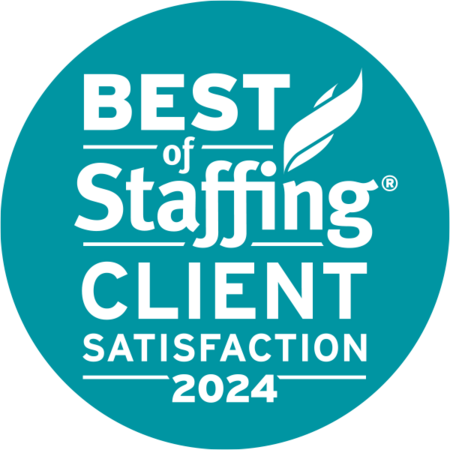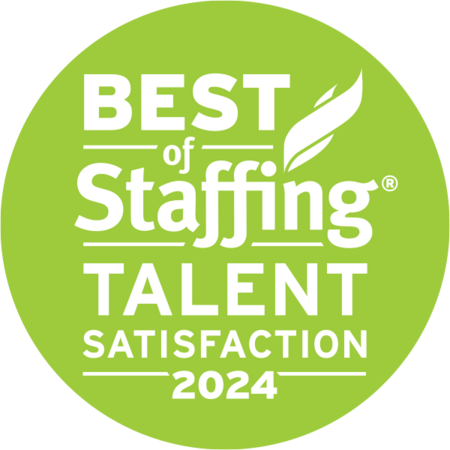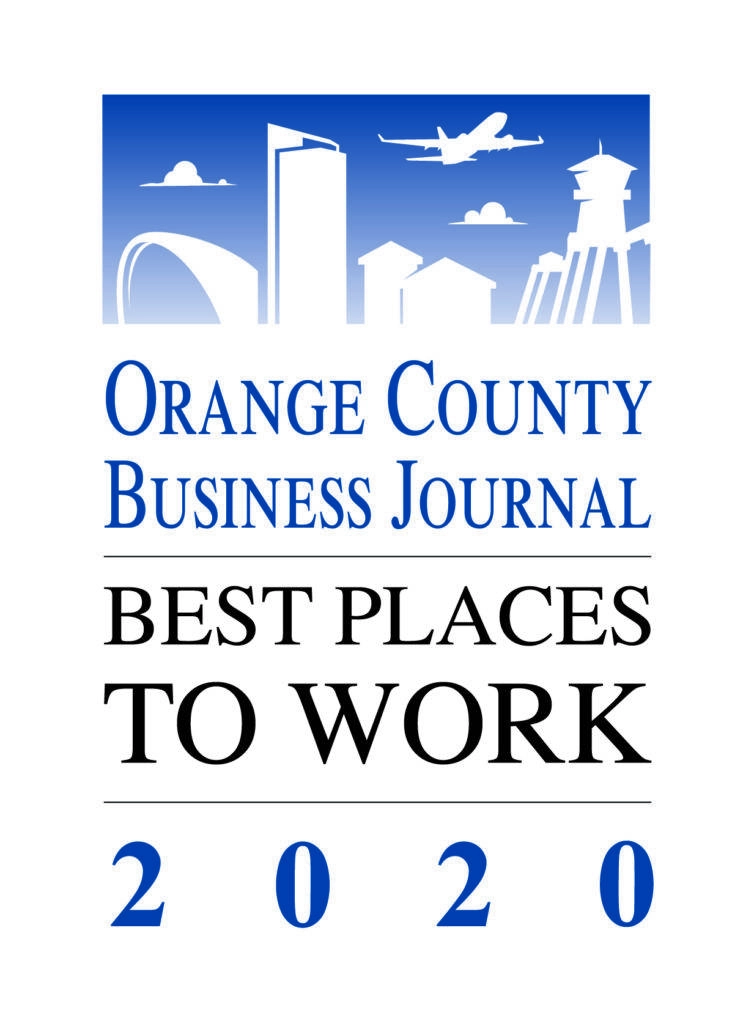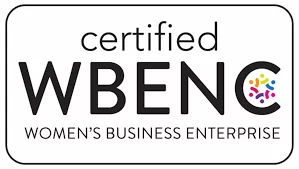Inflation continues to rise, the price of gas shows no signs of dropping and markets are turbulent. And yet, many businesses are still in a boom, unemployment is low, salaries are high, and hiring continues to be incredibly competitive.
The latest McKinsey Global Survey released last week found that globally inflation, geopolitical conflicts and supply chain concerns now top the list of perceived economic hazards, finally displacing the Covid-19 pandemic. But respondents have a more positive outlook for their own countries:
Respondents’ expectations for their home countries over the next six months are somewhat more hopeful than their outlook on the global economy: 39 percent expect their economies to improve in the near future. However, this is the first survey since the one in September 2020 in which less than half of respondents expect improvements in their home economies. Now, they are just as likely to expect economic conditions will improve as decline.
As we said toward the end of 2021, the only known is the unknown.
Across all industries, business leaders and hiring managers must remain strategic and agile when facing economic uncertainty. For Accounting and Finance, this is a critical time for retaining and hiring top talent. Here are a few people management tips for successfully navigating the known unknowns.
1) Institutionalize learnings from the pandemic. Over the past two years, there was a seismic shift in employee sentiment around the world. The pandemic taught us how to be more empathetic leaders, how to put people first and how to build a culture of inclusion. Employees needed to feel safe, valued, appreciated and included. This hasn’t changed. Your teams want to have a voice in decision-making, they want to see how their work contributes to the overall success of the company, and they want to have a clear career path with upward mobility. Cultivating employee engagement and company culture is critical in times of uncertainty, and this must remain a key focus area for your organization.
2) Improve retention strategies. The unwavering competition for talent requires a strong approach to retention. Along with an inclusive, positive company culture with high rates of engagement, employees also expect competitive benefits, salaries, compensation and other perks and incentives. Here are five strategies to include in your plan:
- Develop an employee wellbeing program that includes both physical and mental health
- Invest in coaching, training, technology and professional development
- Implement a solid performance management program
- Extend flexwork or work-from-home policies
- Remain focused on company purpose, mission, culture, core values and community
3) Strengthen offboarding strategies. With the current talent shortage you are going to lose people. That is a fact. So if you can’t retain talent, the next best thing is delivering positive exit interviews. Prepare to have honest conversations that are people-centric and empathetic. Specifically ask for candid feedback on ways to improve, and document why they are leaving. Exit data is an important tool in improving organizational performance and should be used as part of strategic planning. And remember to leave the door open for a return. Sometimes people land in a job that’s a bad cultural fit. If the employee performed well and was an asset to your organization, leave the door open!
4) Stay agile. From the pandemic to the Great Resignation to the War for Talent, you became increasingly agile. You pivoted to hybrid and remote work. You improved business continuity plans, and you managed high turnover and inflationary salaries. At the precipice of the unknown, agility will remain a key factor for senior leadership and hiring and retention strategies. You must balance short-term decisions with long-term strategy.
5) Leverage consultants. Consultants can be a tremendous asset when navigating known unknowns. They can fill gaps, alleviate overworked teams and allow you to mitigate lost productivity from unfilled positions.
With geopolitics, inflation and supply chain issues, it’s uncertain if the global economy will improve in the next six months. So NOW is the time to focus on your people and improve company culture and retention strategies.





